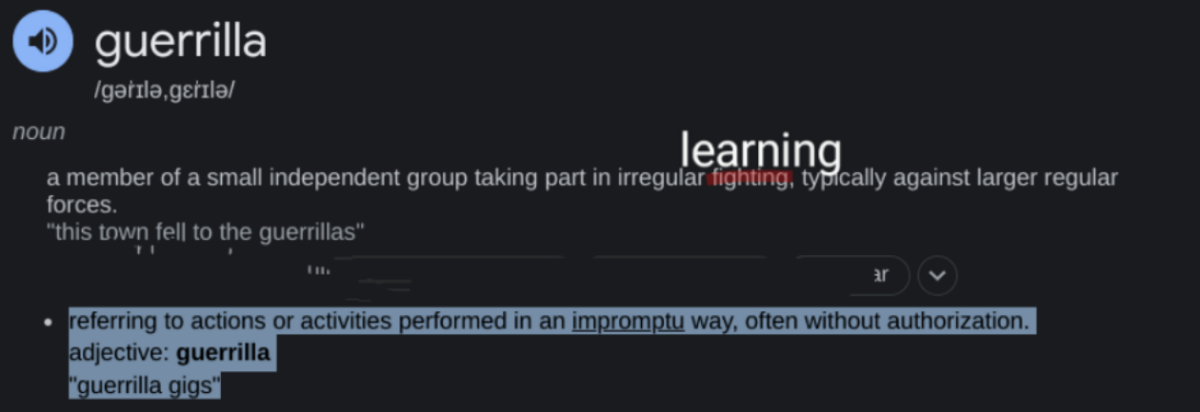Implicit in Kant’s reasoning and philosophy is a fundamental refrain: desires are phenomenal and act upon the phenomenal self, obeying the law of causality, which is a normal law of nature. As such, the phenomenal self is not free; it is the noumenal self which is free: the will and its activity as spontaneous and self-caused. Therefore, the ends of the activity (the purpose; the effect) cannot hold any moral worth from the phenomenal perspective (it is an inappropriate description of the object). Any law the will produces must be represented to itself and then acted upon from a sense of duty. For such a law to be absolute, without limitation and unconditional, it must be universalizable.
This is quite advanced stuff, but very interesting, One way to latch onto the discussion is think through the relationship between reason and desires:
1. we can describe human beings as rational or as empirical beings. They are just two different ways to describe them.
2. as 1, but describing them as rational beings is more appropriate, a better discourse. Reason categorically trumps desire.
3. rational and empirical motivations conflict and moral wrongdoing is a form of weakness of will (like smoking a cigarette when you know it is bad for you).
Read Kant CPrR 5: 42–58 to find out more, but here is a little about one interpretation:
